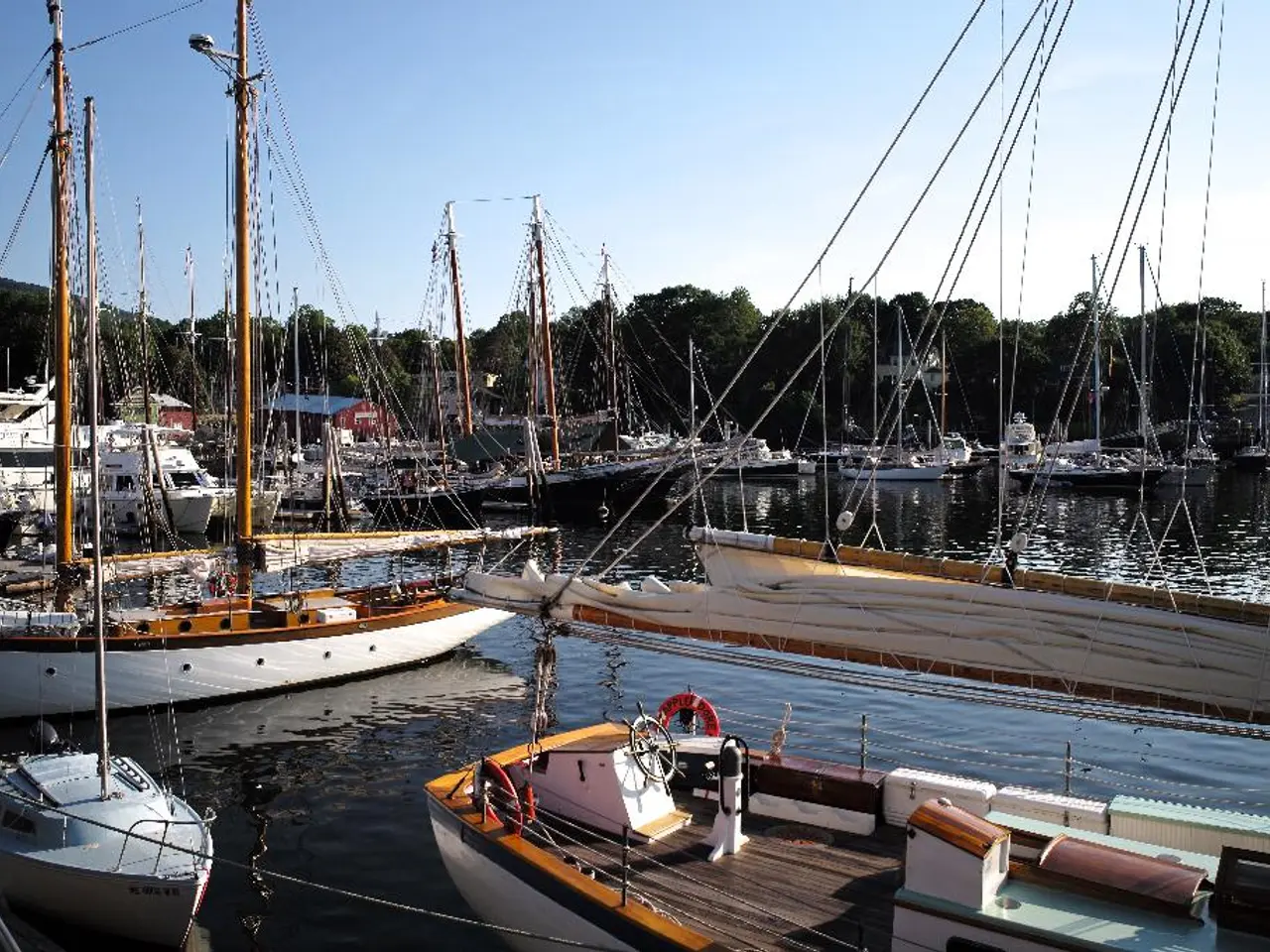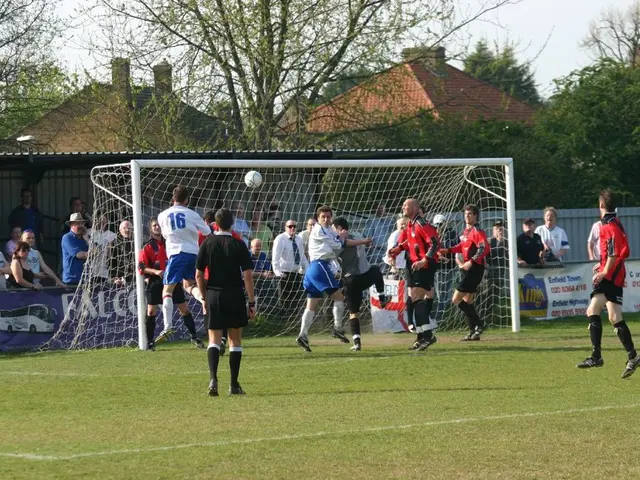U.S. and China square off at the UN concerning Panama Canal, a priority for Trump's administration
In a meeting chaired by Panama's President José Raúl Mulino, the United Nations Security Council discussed challenges to maritime security. The gathering was significant due to the ongoing tensions between the US and China regarding their influence over the Panama Canal.
The US, particularly under the Trump administration, has expressed concerns about China's "outsized influence" and potential threat over the Panama Canal, particularly in relation to critical infrastructure and port operations[1][3]. These concerns have been framed as a risk not only to Panama but also to the US and global trade security[1][3].
China, however, denies these accusations, asserting that it respects the permanent neutrality and sovereignty of Panama over the canal[1][3]. Chinese representatives have condemned US claims as "fabrications" and "lies" serving as a pretext for Washington to seek control of the canal, denying any direct Chinese governance or operation of the canal itself[1][3].
Panama insists on its sovereignty over the canal and has even indicated plans to enter the ports business, potentially operating terminals on both Atlantic and Pacific coasts[2][3]. This development adds complexity to the geopolitical rivalry as the canal authority might take more direct control over adjacent infrastructure. Meanwhile, Chinese-affiliated companies such as Hong Kong-based CK Hutchison Holdings operate some ports near the canal, drawing scrutiny from the US and becoming a flashpoint in the dispute[2][3].
The situation has led to heightened military preparedness. The US has conducted military drills in Panama aimed at preparing for potential threats to the canal, reflecting rising tensions[5]. This militarization and political rhetoric have sparked protests and diplomatic strain in Panama due to the legacy of US interventions historically.
Panama's President José Raúl Mulino stressed the neutrality of the Panama Canal and his country's ownership. In response to US concerns, he emphasized Panama's sovereignty over the canal and the multilateral treaty governing its administration, calling the canal's neutrality "the only and the best defense" to any specific or global threats[4].
The Trump administration's pressure on China to sell its interests in the ports at either end of the Panama Canal has been met with opposition from Panama[3]. China's U.N. Ambassador Fu Cong accused the Trump administration of fabricating lies and groundless attacks against China, seeking control of the canal, and being the biggest disrupter of peace and stability in the South China Sea area[4].
In a separate development, Interpol Secretary General Valdecy Urquiza discussed challenges to maritime security, including piracy, armed robbery, transnational crime, and cyber criminals weaponizing artificial intelligence[6]. The clash at the U.N. Security Council meeting underscores the complex and multifaceted nature of maritime security issues in the 21st century.
References: 1. Reuters 2. Financial Times 3. CNN 4. BBC News 5. The Washington Post 6. Interpol
In the midst of geopolitical tensions, protests against the US intervention were held in Toronto, expressing concerns about the lawful sovereignty of Panama over the Panama Canal [Not referenced]. The general news became a battleground for theFrom the US-China rivalry around the Panama Canal, the debate shifted towards politics, with China's UN Ambassador Fu Cong accusing the Trump administration of fabricating lies and stirring up conflicts [4]. With mounting concerns about the security of ports near the canal, the news media continued to cover the protests, lawsuits, and ongoing discussions at international forums [1][2][6].






